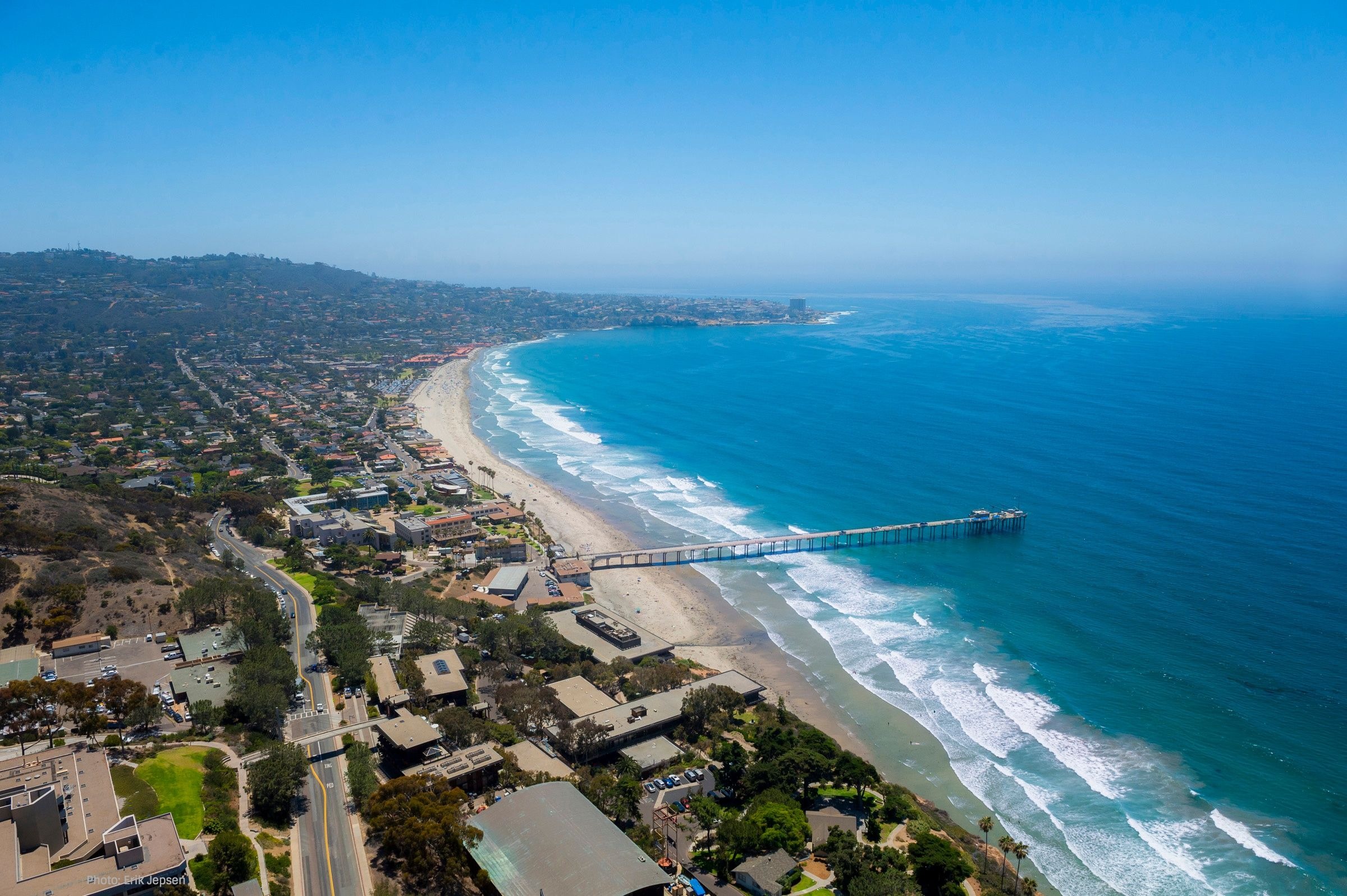
Our program is led by experts in marine biology, ecology, policy and communication.
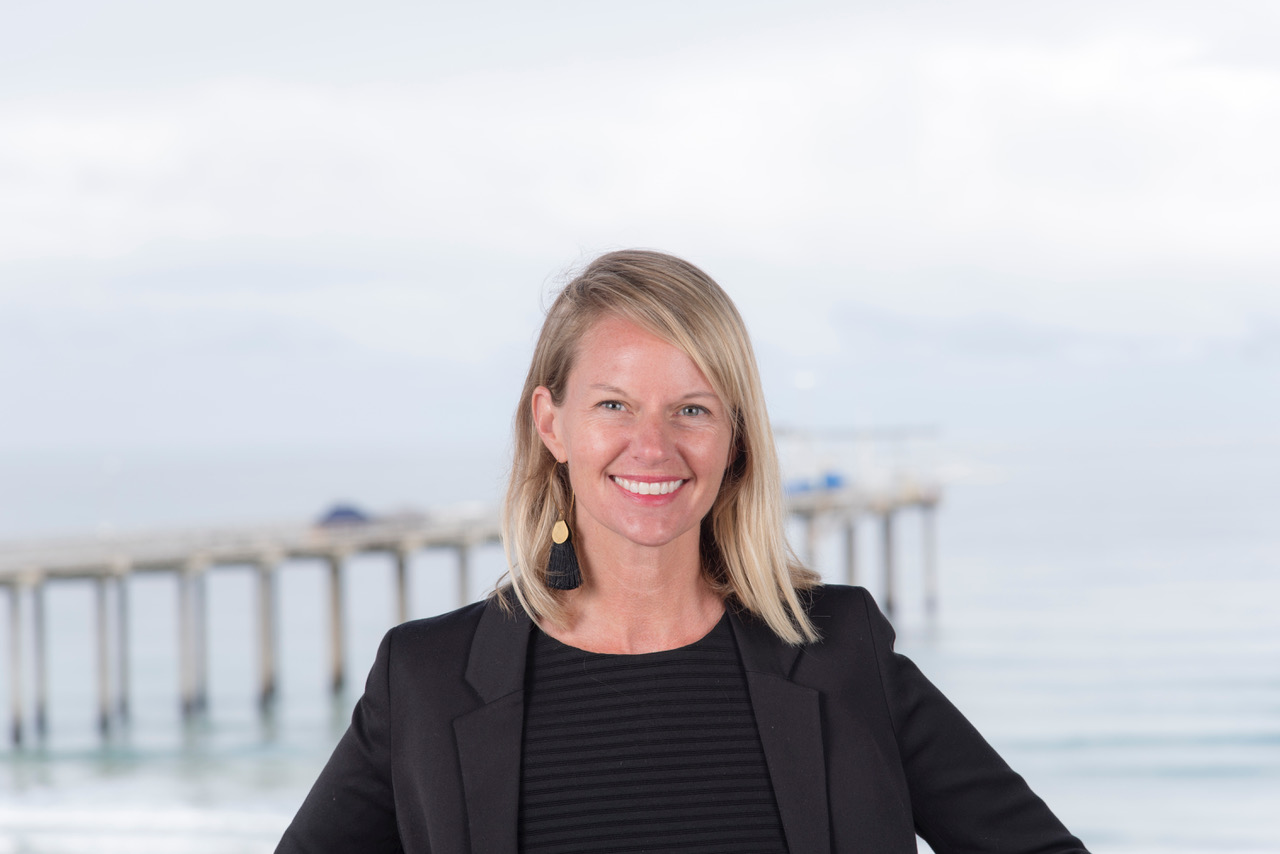
Email: smurray@ucsd.edu
Website: smurray.scrippsprofiles.ucsd.edu
Samantha Murray, J.D.
Executive Director
Masters of Advanced Studies Program in Marine Biodiversity and Conservation
Samantha Murray is the Executive Director of the MAS MBC Program at Scripps, where she also teaches graduate courses in Ocean Law and Policy. In 2019 she was appointed by Governor Newsom to the California Fish and Game Commission, where she now serves as a Vice President. Samantha has two decades of professional experience and has directed ocean and water programs at Ocean Conservancy, the Audubon Society and Oregon Environmental Council, in addition to founding a marine policy consulting business. Samantha played a key role in the design and implementation of California's network of marine protected areas, which now cover 16 percent of state waters. She served on the Marine Protected Area Federal Advisory Committee, Wildlife Conservation Board and CalTip Citizens Committee and has held board positions at San Diego Coastkeeper, Upstream Public Health, and Citizens for East Shore Parks.
Samantha has spoken at conferences around the world on best practices in ocean conservation and holds a J.D. from Lewis and Clark Law School, where she was awarded a Certificate in Natural Resources and Environmental Law. Samantha is committed to antiracism, inclusion and equitable impacts of public policy.
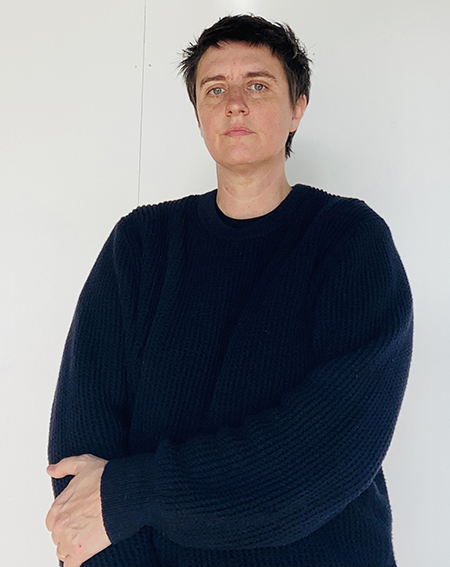
Email: mgarnett@ucsd.edu
Website: htmlhttps://www.mariahgarnett.com/
Mariah Garnett
24-25 Program Co-Chair (outgoing)
Masters of Advanced Studies Program in Marine Biodiversity and Conservation
Assistant Professor, Department of Visual Arts, UC San Diego
Mariah Garnett is a filmmaker and artist who mixes documentary, narrative and experimental filmmaking practices to make work that accesses existing people and communities beyond her immediate experience. Using source material that ranges from found text to her own father, Garnett often inserts herself into the films, creating cinematic allegories that codify and locate identity. Her films deconstruct the conventional hierarchy between filmmaker and subject, a mode that has historically been the purview of directors who possess economic, racial and gender privilege. By including her own image, Garnett positions queerness in relationship to subject matter that on the surface may seem disconnected from LGBT identity. The works simultaneously acknowledge a natural human desire for contact with others, and the legacies of abuse and "othering" that have surrounded the mediation of that desire through history. She holds an MFA from Calarts in Film/Video and a BA from Brown University in American Civilization. She is a 2019 Guggenheim Fellow and has received awards from the Rema Hort Mann Foundation (2015), California Community Fund (2014) and Artadia Los Angeles (2016). Recent solo shows include Contemporary Art Museum, Houston (TX), Commonwealth + Council (LA) and a 10 year survey at the Los Angeles Municipal Art Gallery. Her work has screened and exhibited internationally at venues including The New Museum, The Hammer Museum, REDCAT, TULCA, Sundance Film Festival, NY Film Festival, CPH:DOX and Hot Docs. Her work has been featured in Artforum, Bomb Magazine, Hyperallergic, Frieze, Reverse/Shot, Vulture, and The New York Times. She lives and works in Los Angeles.
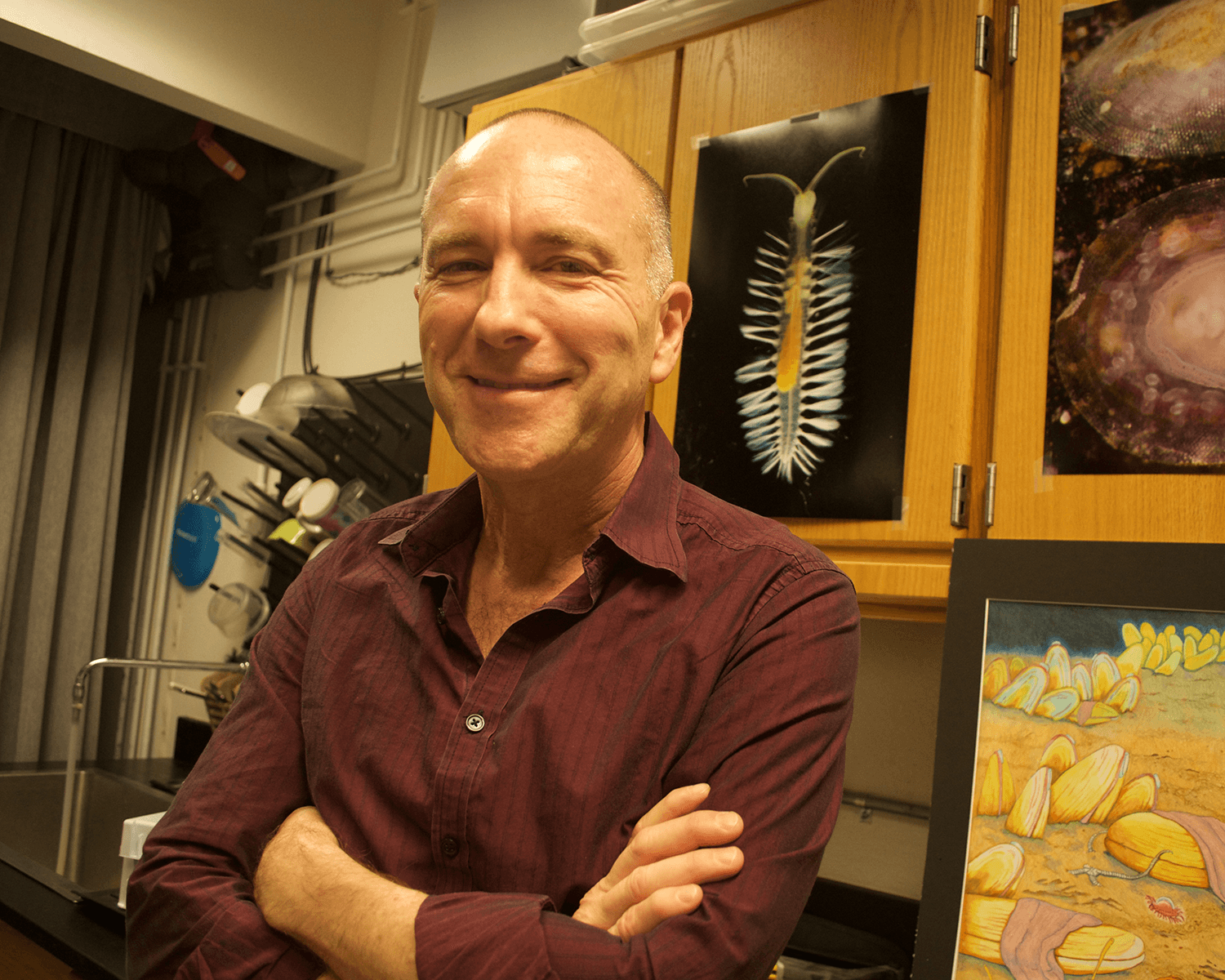
Email: grouse@ucsd.edu
Website: grouse.scrippsprofiles.ucsd.edu
Greg Rouse, Ph.D.
24-25 Program Co-Chair (outgoing)
Masters of Advanced Studies Program in Marine Biodiversity and Conservation
Professor, Marine Biology Research Division
Greg Rouse is a professor of marine biology at Scripps Institution of Oceanography at UC San Diego and is also curator of the Benthic Invertebrate Collection at Scripps. He specializes in the study of animal biodiversity. Greg has been on numerous oceanographic expeditions involving deep sea habitats, including whale falls, hydrothermal vents and methane seeps. He spends a lot of time investigating the extraordinary bone-devouring worm known as Osedax. His deep sea research interests also include the study of new hydrothermal vent animals from the eastern and western Pacific as well as methane seeps in the eastern Pacific. This led to the discovery of new species of the bizarre 'purple sock' worms. He also studies the benthic fauna around Antarctica. Other current research interests include the biology and evolution of seadragons, the echinoderm tree of life, particularly crinoids (featherstars and sea lilies) and the diversity and evolution of annelid worms. He has been involved in the discovery and naming of more than 100 species of animals and has published two books and more than 200 scientific papers.

Email: dkarcila@ucsd.edu
Website: scripps.ucsd.edu/profiles/dkarcila
Dahiana Arcila, Ph.D.
25-26 Program Co-Chair (incoming)
Masters of Advanced Studies Program in Marine Biodiversity and Conservation
Assistant Professor, Marine Biology Research Division
Dahiana (pronounced Diana) Arcila is an assistant professor of marine biology at Scripps Institution of Oceanography at UC San Diego and curator of the Marine Vertebrate Collection at Scripps. She specializes in the evolutionary biology and systematics of marine fishes, focusing on integrating genomic, paleoclimatic, and
morphological approaches to understand their evolutionary history. Her research investigates the genomics of convergent adaptations and morphological innovation in marine fishes. Her work also extends to fish identification initiatives in the Eastern North Pacific and the use of advanced visualization systems for scientific research. She has led numerous funded projects as a principal investigator, securing grants from the National Science Foundation and other organizations. Dahiana has contributed to
marine biodiversity by describing new fish species. Her research interests also include the genetic connectivity of marine species and the exploration of deep-sea environments, contributing to a broader understanding of marine vertebrate evolution.
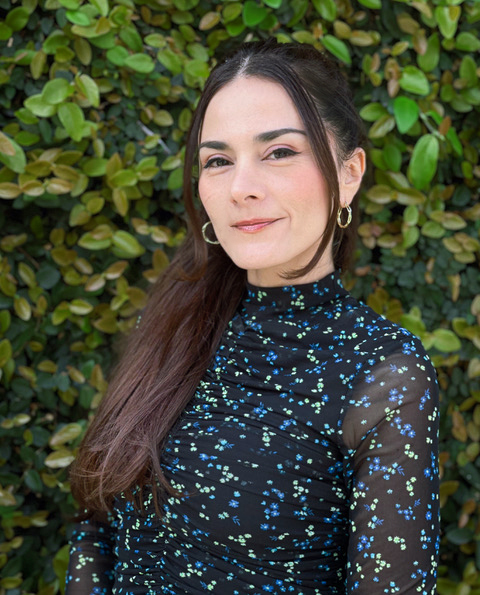
Email: amontejo@ucsd.edu
Website: https://www.carolinamontejo.com/
Carolina Montejo, MFA
25-26 Program Co-Chair (incoming)
Masters of Advanced Studies Program in Marine Biodiversity and Conservation
Adjunct Professor, Muir Writing, UC San Diego
Carolina Montejo is a Colombian-American artist, educator, and filmmaker. She holds a BA in Communications from Pontificia Universidad Javeriana in Bogotá, Colombia, and an MFA in Visual Arts from the University of California, San Diego.
Her films and video installations center on nature and ecology, as well as notions of community and justice that are told through experimental and traditional narratives. Montejo's research also engages with ecofeminism, climate justice, and gender equality.
Her films have been screened at MAZ Guadalajara, the San Diego Environmental Film Festival, Long Beach City College Gallery, the Montreal Independent Film Festival, Casa de la Cultura Tijuana, Tokyo International Short Film Festival, Los Angeles Global Shorts, and the New York Movie Awards, among others.
At UC San Diego, she is a lecturer in the Muir College Writing Program, as well as associate Director of the Environmental Studies Program. At the University of San Diego, she is a film studies lecturer. Montejo is also the Creative Director of her independent film production company, Telepathine Studio.
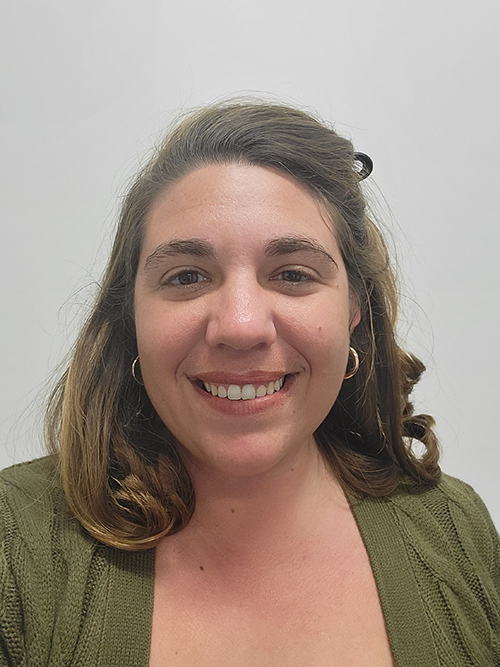
Email: hmtannenbaum@ucsd.edu
Hannah Tannenbaum, MAS
Program Manager
Masters of Advanced Studies Program in Marine Biodiversity and Conservation
Hannah Tannenbaum grew up in New York City, but has been chasing the oceans all her life. Hannah has taught hundreds of people to see life beneath the waves since becoming a PADI Dive Instructor in 2010. She earned a degree in Environmental Science from Pitzer College, where she also had the opportunity to do a semester of earth science coursework in New Zealand.
After college, Hannah continued to develop as an educator, working for an experiential education company, programming their advanced diving and marine science courses, and managing logistics for their Caribbean operations. In 2017, Hannah was presented with a unique opportunity to sail nearly 10,000nm from the Caribbean to New Zealand, working and living throughout the South Pacific for nearly 2 years. Her experience traveling through the islands and engaging with island communities inspired her to pursue a masters degree to address inequalities in access to the ocean, to marine resources and to education.
Hannah earned her Masters of Advanced Studies in Marine Biodiversity and Conservation from Scripps Institution of Oceanography in 2019. She chose the program because of its commitment to interdisciplinary and practical applications of marine science to the real world; her personal capstone project focused on the recreational dive industry approaches to climate change. Since graduating from Scripps, Hannah was the station director of an educational field station in the Bahamas, and then moved back to San Diego in late 2020, working in environmental consulting, primarily doing scientific diving, marine mammal monitoring, and invasive aquatic removals.
Hannah is so excited to be back at Scripps and to contribute her experience as an educator, and marine scientist to the MAS MBC students and program.
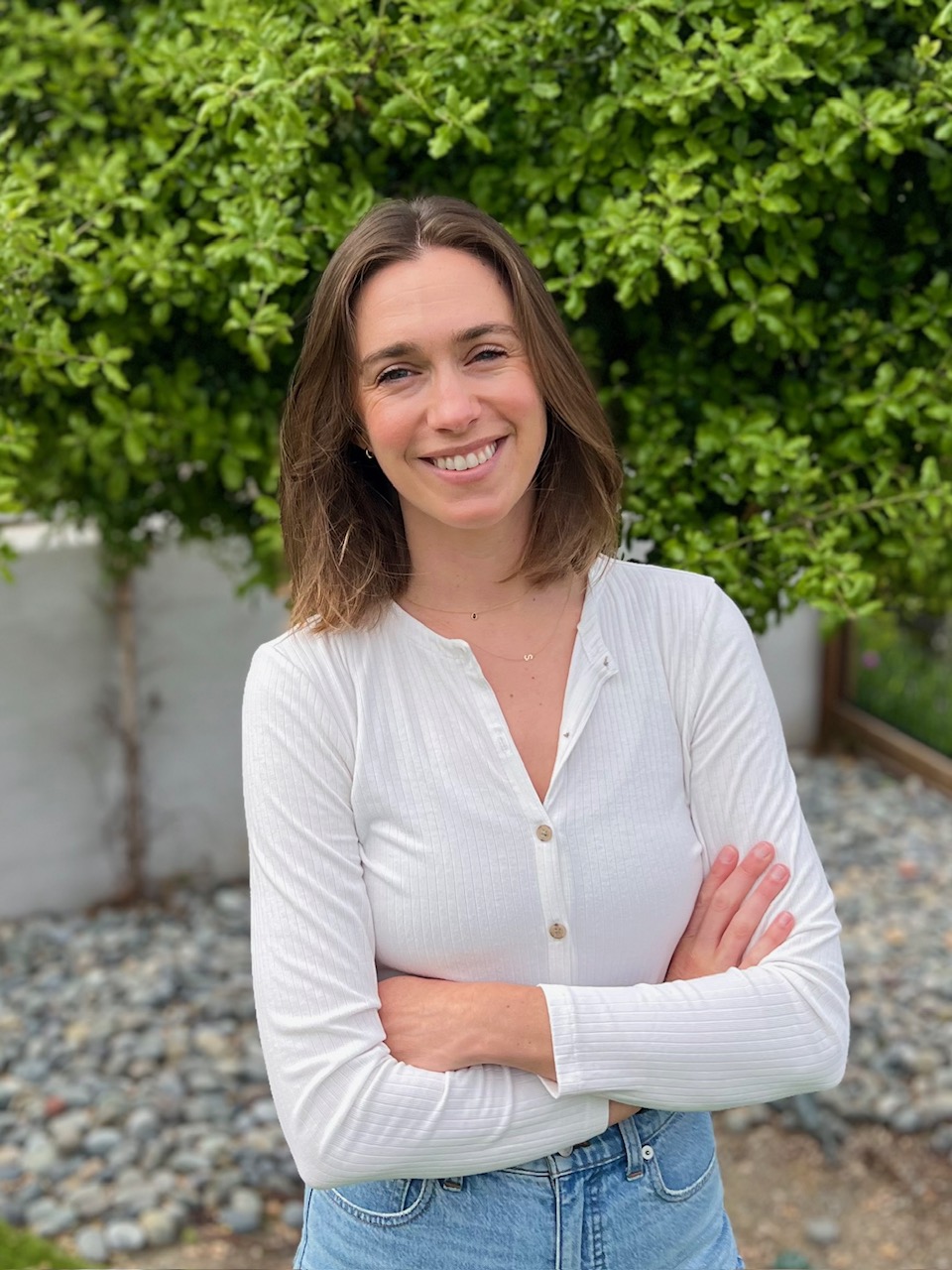
Email: suwebb@ucsd.edu
Summer Webb, Ph.D.
Summer Course Instructor
Masters of Advanced Studies Program in Marine Biodiversity and Conservation
Summer Webb is an educator and marine biologist from San Diego, CA, where
she grew up going to the tide pools and fishing. She earned her Ph.D. in Marine Biology from Scripps Institution of Oceanography, University of California, San Diego, in 2022 where her research interests included organismal biology, ecology and climate change sensitivity of species. During graduate school Summer discovered her passion for teaching and mentoring students. She is excited to return to Scripps to support students as they begin the MAS program! Summer has 7 years of teaching experience as a Professor of Biology at Mesa College, Grossmont College, and Cuyamaca College, where she has taught courses in general biology, marine biology, biostatistics, and ecology and evolution. Summer has guided undergraduate and graduate students through research projects and career development. She is deeply committed to and actively involved in faculty development and equity initiatives to support diverse student populations in STEM fields.
